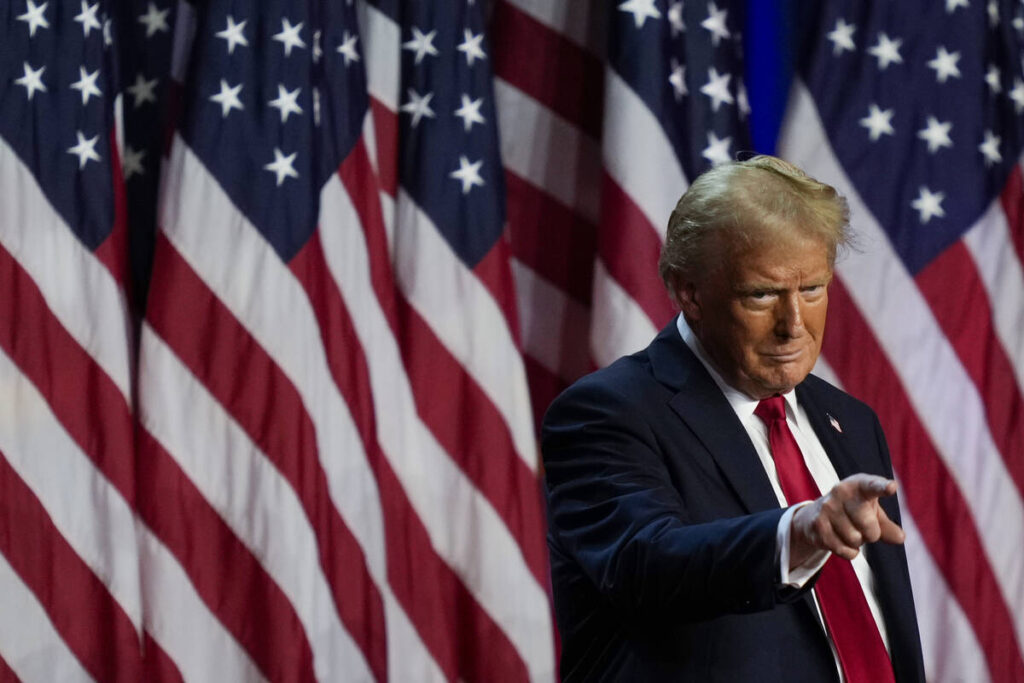
Political commentary often ignites debates, and recent critiques of former President Donald Trump by former politician Richard Bryan are no exception. In a piece published in the Monday Review-Journal, Bryan asserts that the Democratic Party bears significant responsibility for Trump’s ascent to power, highlighting various issues that have shaped American politics.
Bryan points to a series of events and trends that he believes contributed to Trump’s resurgence during his second presidential run. He argues that the Russia-gate scandal, which engulfed Trump’s first term, along with misinformation surrounding the COVID-19 pandemic, played crucial roles in shaping public perception. These controversies, according to Bryan, created a political landscape ripe for Trump’s populist messages to resonate with voters.
Key Issues Highlighted by Bryan
Bryan’s critique extends beyond specific scandals. He identifies the rise of what he describes as “socialism and communism” within the Democratic Party as a factor that alienated many traditional voters. He also mentions the contentious issue of transgender athletes competing in women’s sports, suggesting that these topics have intensified divisions within the electorate.
The former politician does not shy away from discussing economic concerns, attributing the current inflation crisis and the unprecedented national debt to the policies implemented by the Democratic administration. He notes that these economic challenges have created a fertile ground for Trump’s populist rhetoric, allowing him to appeal to disaffected voters seeking change.
Bryan’s commentary serves as a reminder of the complex interplay between party politics and voter sentiment. His perspective invites readers to consider how various societal issues influence electoral outcomes.
As political dynamics continue to evolve, the implications of Bryan’s argument may resonate through future elections. His critique underscores a broader conversation about accountability in political leadership and the role of party platforms in shaping public opinion. Understanding these factors may be essential as the political landscape shifts in the lead-up to the next election cycle.






